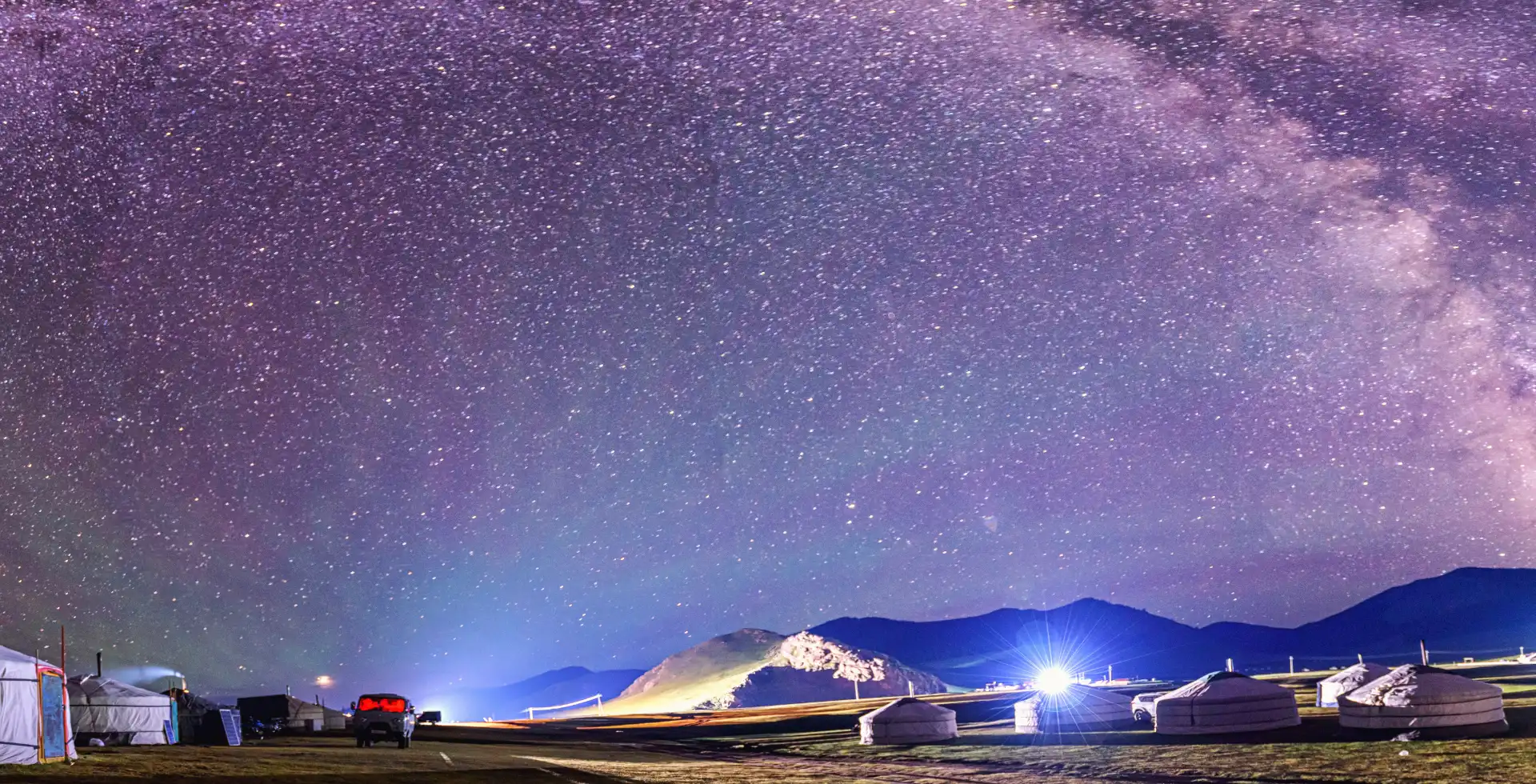Learn the Ways of the Jungle: Learning with Travel

Have you ever felt the excitement of going on a journey? Imagine if these journeys could also teach you amazing things! That's what we're going to talk about in this article. Learning doesn't just happen in classrooms or from books. Sometimes, the world itself becomes a big classroom, and every place you visit is a lesson waiting to be discovered. Whether you're exploring a lush jungle, meeting new people with fascinating traditions, or facing challenges in unfamiliar places, each experience can teach you something special. So, get ready to dive into the world of learning with travel, where every adventure becomes a chance to grow and discover new things.
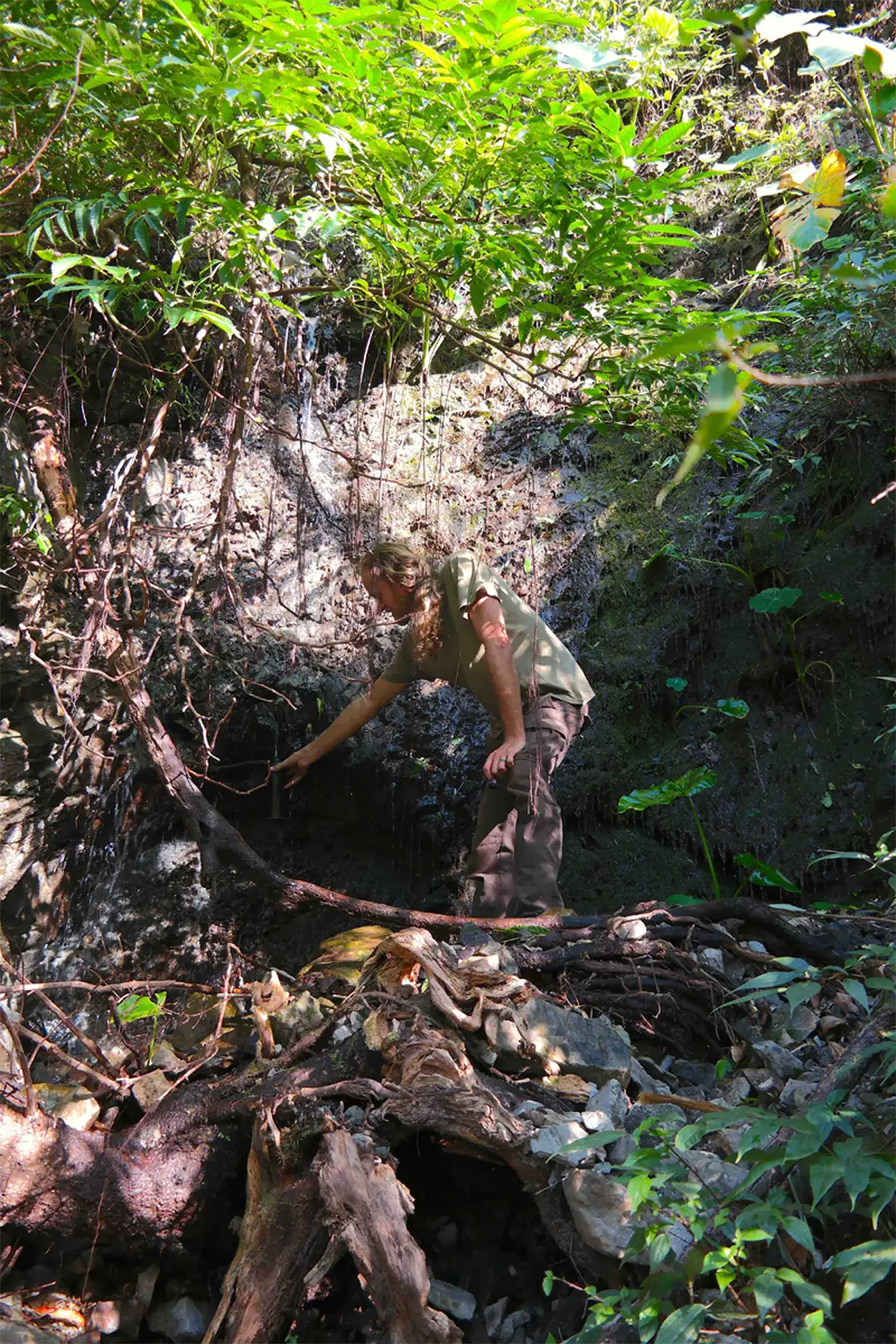
The Power of Experiential Learning
Experiential learning is like learning by doing. It's when you learn things not just by reading or listening, but by actually experiencing them.
Imagine if you're learning about animals in a jungle. Instead of just reading about them, you go to the jungle and see them up close. You might even touch the leaves, hear the sounds, and feel the excitement. That's experiential learning! It helps you remember things better because your senses are involved.
It's a delightful trip where you learn and explore. Next time you want to learn anything, try doing, seeing, or feeling it—that's experiential learning.
Lessons from the Jungle: Nature as a Teacher
The study of nature, particularly via the exploration of jungle environments, offers valuable lessons for human understanding. It's like going to school, only instead of desks and blackboards, we have teachers who are trees and animals. Let's examine the lessons the forest has to offer in more detail.
Biodiversity and Ecosystem Dynamics
The jungle is a complex and ever-changing ecosystem, home to a vast array of plants and animals. The diversity of life in the jungle is essential to its health and stability. Each species plays a role in the ecosystem, and the loss of any one species can have a ripple effect on the entire system.
For example, the loss of a keystone species, such as the elephant, can have a devastating impact on the ecosystem. Elephants help to disperse seeds and fertilize the soil, and their absence can lead to the decline of other plant and animal species.
The jungle is also a dynamic ecosystem, constantly changing in response to environmental factors such as climate change, deforestation, and human activity. These changes can have a profound impact on the biodiversity of the jungle, and it is important to understand how these changes are happening and how we can mitigate their effects.
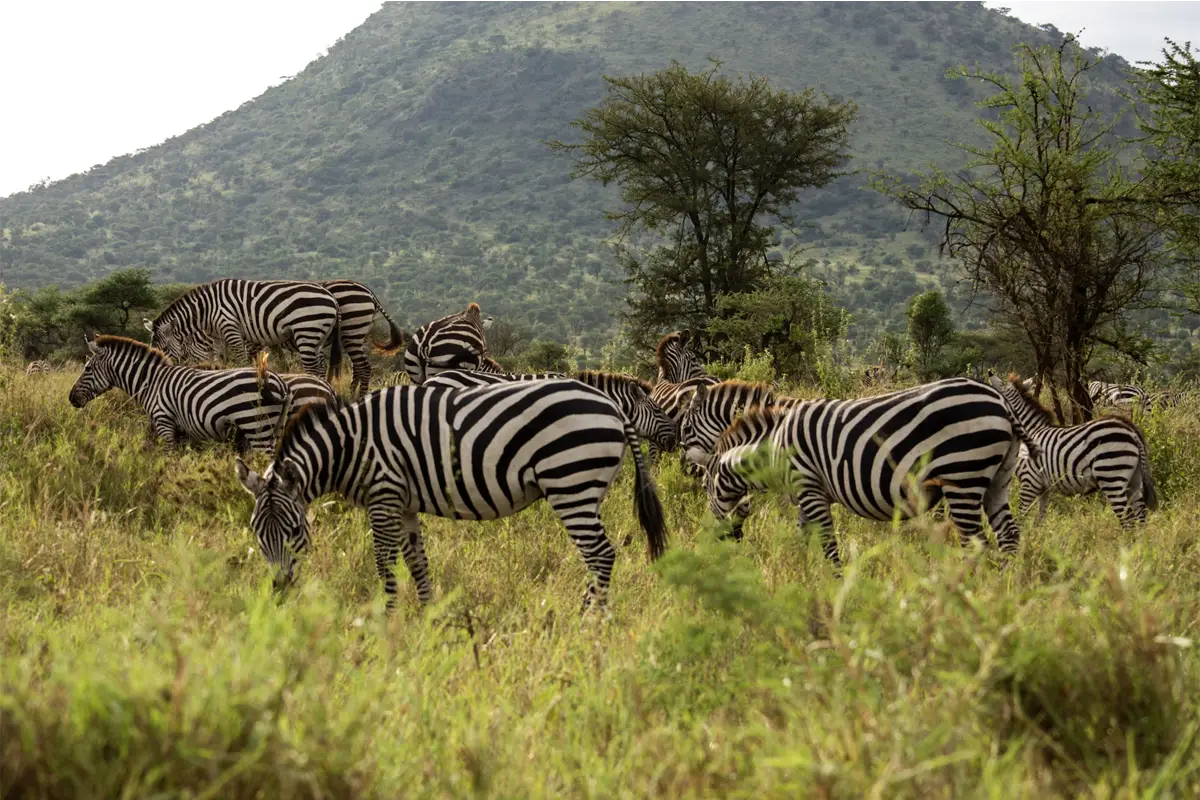
Adaptation and Survival Strategies of Flora and Fauna
The plants and animals of the jungle have evolved to adapt to the harsh conditions of their environment. They have developed a variety of strategies to survive, including camouflage, mimicry, and cooperation.
- Camouflage: Camouflage is a common adaptation used by animals to blend in with their surroundings and avoid predators. For example, the chameleon changes its color to match its environment, and the leaf-mimic katydid looks like a leaf.
- Mimicry: Mimicry is another common adaptation used by animals to deceive predators. For example, the viceroy butterfly mimics the monarch butterfly, which is poisonous to predators.
- Cooperation: Cooperation is an adaptation used by animals to work together to achieve a common goal. For example, ants work together to build nests and gather food.
Environmental conservation and sustainable practices
We can learn a lot from the jungle about how to live in harmony with nature. The jungle is a model of sustainability, with its complex ecosystems and efficient use of resources. We can learn from the jungle how to conserve resources, protect biodiversity, and live more sustainably. We can also learn from the jungle about the importance of cooperation and community. The animals of the jungle work together to survive, and we can learn from them how to build stronger communities and protect our environment. The jungle is a valuable resource that we must protect. We can learn from the jungle how to live more sustainably and build stronger communities.
Cultural Immersion: People and Traditions
Have you ever met someone from a faraway place? They might do things differently than you do. That's because they belong to a different group of people, and each group has its own special ways of doing things. This is called "culture." Culture includes how people dress, what they eat, and how they celebrate. Imagine a big puzzle made of all these different cultures. When we travel and meet people from other places, we get to learn about their culture. It's like making new friends and learning about their favorite games and stories. This helps us understand and respect each other's traditions. Just like sharing toys, sharing our cultures makes the world a more interesting and friendly place.
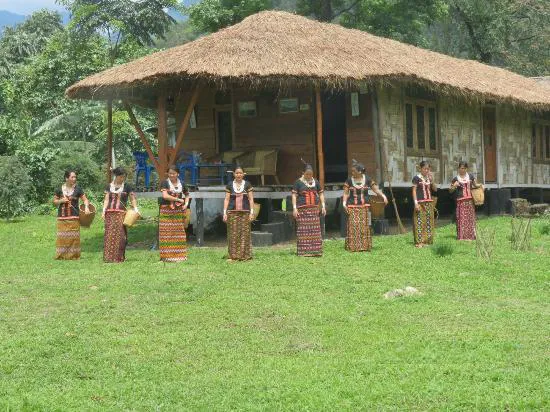
Developing Soft Skills through Travel
Traveling can help you learn and improve soft skills – these are the friendly skills that help you interact well with others and handle different situations. Here's how travel can help:
- Talking and Listening: When you visit new places, you meet people with different languages and ways of speaking. You learn to communicate clearly and listen carefully to understand others.
- Solving Problems: Travel can bring unexpected challenges, like getting lost or finding your way around. Figuring out solutions makes your problem-solving skills stronger.
- Being Flexible: Plans can change during a trip, like the weather or transportation. Adapting to these changes helps you become more flexible and open-minded.
- Making Friends: Meeting new people from various backgrounds teaches you to make friends easily and be open to different cultures.
- Confidence Boost: Navigating unfamiliar areas and situations can make you more confident in dealing with new experiences.
- Staying Patient: Travel sometimes involves waiting, like for flights or long journeys. Patience is learned when dealing with these waiting times.
- Teamwork: Traveling with others, like family or friends, helps you work together and compromise to have a great trip.
Remember, every adventure is a chance to develop these skills and grow as a person!
Environmental Awareness and Ecotourism
Environmental awareness and ecotourism are key themes that are often discussed simultaneously. Environmental awareness is understanding how humans affect the environment, while ecotourism is tourism that minimizes its influence.
1. Impact of Travel on Ecosystems
There are many ways that travel can impact ecosystems. One way is through the emission of greenhouse gasses, which contribute to climate change. Another way is through the destruction of habitats, which can lead to the loss of biodiversity. Travel can also impact ecosystems through the introduction of invasive species, which can compete with native species for resources and can even drive them to extinction.
2. Responsible Travel Practices and Minimizing Footprints
There are many things that travelers can do to minimize their impact on the environment. One way is to choose to travel to destinations that are committed to sustainability. Another way is to choose to travel in a way that minimizes your carbon footprint, such as by taking public transportation or biking instead of driving. Travelers can also help to support local conservation efforts by donating to organizations that are working to protect the environment.
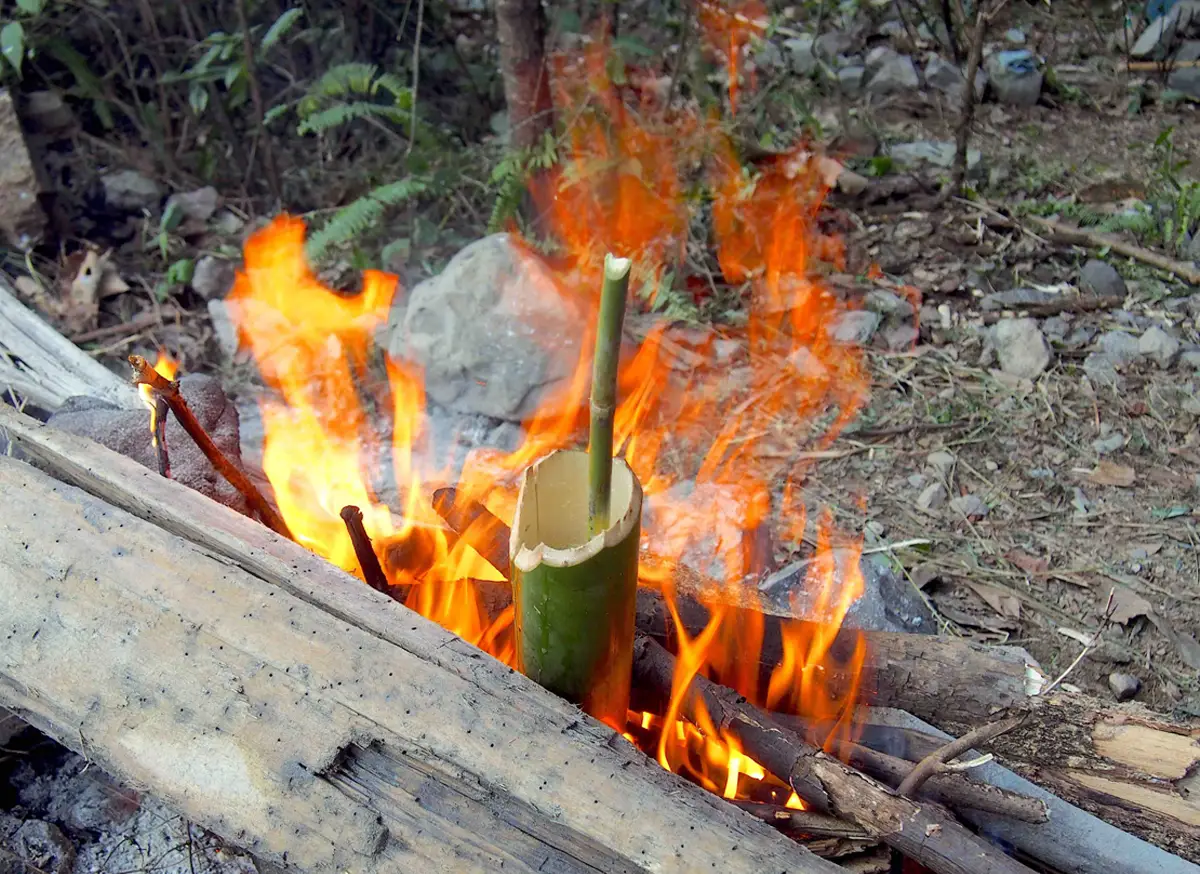
3. Supporting Local Conservation Efforts
Supporting local conservation efforts is a great way to help protect the environment while also having a positive impact on the local economy. There are many ways to support local conservation efforts, such as donating to organizations that are working to protect the environment, volunteering your time, or purchasing products that support conservation efforts.
By being aware of the impact that travel can have on the environment and by taking steps to minimize their impact, travelers can help to protect the planet while also having an enjoyable and rewarding travel experience.
Here are some additional tips for responsible travel:
- Choose sustainable accommodation: Look for hotels and other accommodations that are committed to sustainability.
- Support local businesses: When you travel, try to support local businesses instead of large chains.
- Be mindful of your waste: Recycle and compost whenever possible, and avoid using disposable products.
- Respect local cultures and customs: Be aware of the local customs and traditions, and dress and behave accordingly.
- Leave no trace: When you're hiking or camping, be sure to pack out all of your trash and leave the area as you found it.
By following these tips, you can help to make your travels more environmentally friendly and sustainable.
Challenges and Problem-Solving
Sometimes, when you travel to new places, you might face tricky situations. These situations can teach you important things and help you grow. Let's explore some of these challenges and how they can make you better at solving problems.
1. Figuring Out New Places and Getting Around
When you're in a place you don't know, like a city or a forest, it can be hard to know where to go and how to get there. But figuring out maps, signs, and transportation can help you become good at finding your way.
2. Dealing with Different Weather and Places
Different places have different weather, like hot or cold, wet or dry. Learning how to prepare for these changes can make you better at adapting to new environments.
3. Talking to People Who Speak Differently
In some places, people might talk in a language you don't understand. It can be challenging, but trying to communicate using gestures and simple words can help you learn how to connect with others, even if you don't speak the same language.
4. Understanding Different Ways of Doing Things
When you visit new cultures, you might notice that people do things differently than you're used to. This is a chance to learn about other ways of living and to respect different traditions.
5. Making Quick Decisions
During your trip, unexpected things might happen, and you'll have to make decisions fast. Figuring out what to do in these situations can make you better at thinking on your feet and solving problems quickly.
Facing these challenges while you travel is like a special kind of learning. It can make you stronger and more capable in everyday life. Teachers can also use stories from travel to help students learn how to deal with problems and challenges in fun and practical ways.
Documenting and Reflecting
In the exhilarating journey of learning through travel, one of the most valuable practices is documenting the experiences and reflecting upon them. Capturing the moments, insights, and emotions allows travelers to not only relive their adventures but also gain deeper insights into their own personal growth and the lessons they've learned along the way.
- Travel Journals: Keeping detailed written records of experiences, observations, and emotions.
- Multimedia Travelogues: Creating photo and video documentation to capture the essence of the journey.
- Self-Reflection: Taking time to ponder on personal growth, challenges faced, and lessons learned.
- Cultural Insights: Documenting encounters with local customs, traditions, and unique experiences.
- Learning Milestones: Tracking educational progress and discoveries made during the trip.
- Sharing Experiences: Discussing travel learnings with peers, family, or online communities.
- Long-Term Impact: Reflecting on how the journey influenced one's perspectives and choices.
- Inspiring Others: Using documented experiences to motivate others to embrace educational travel.
Travel documentation and reflection enhance learning. It connects the world and self-exploration. This technique enhances travel's educational value and makes it a trip that shapes and inspires long after the adventure.
Bottom Line
In simple words, learning while traveling is exploring and discovering new things outside of regular classrooms. It helps us understand different cultures, history, and nature. It also teaches us how to solve problems and make smart choices. So, remember, whether it's visiting ancient places, meeting new people, or facing challenges, each journey adds to our learning and makes us wiser. So, pack your bags, go on adventures, and let the world teach you amazing lessons!
As you plan your family holiday, embrace the philosophy that learning extends beyond the classroom, especially when traveling. Consider each journey as an opportunity for your family to explore and discover new things together. Whether visiting ancient places, meeting new people, or facing challenges, every adventure becomes a unique chapter in your collective learning experience.
For those seeking a family adventure holiday, intertwine the thrill of exploration with valuable lessons. Encourage problem-solving and smart decision-making among family members. The challenges faced during these adventures become a practical classroom, fostering not only knowledge but also adaptability and resilience.
Just as exploring new places outside regular classrooms broadens horizons, so does the shared experience of a parent child holiday. Every encounter becomes a lesson, teaching not just about different cultures, history, and nature, but also about problem-solving and making wise choices together.
Each destination becomes a classroom, imparting amazing lessons that go beyond textbooks. By approaching family holidays with a mindset of continuous learning, you not only create memorable experiences but also instil a love for exploration and discovery in your children, making every journey an opportunity to become wiser together.


